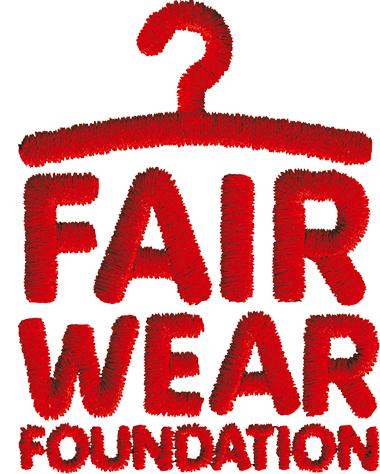On Friday, The Guardian published an article about garment workers who claim they were fired after striking about their low wages at a Bangladeshi garment factory where FWF brand Stanley/Stella sources. In high-risk countries like Bangladesh, serious problems will inevitably be found in most supply chains. When issues arise, FWF requires that its member brands address these problems head-on.
The Guardian describes a case in which over 100 workers were fired in January after going on strike over low wages. The brand that was portrayed in this article, Stanley/Stella, is very active in improving the working conditions for people who make our clothes. Just like any other FWF member, they continue sourcing from Bangladesh because they believe they can make a positive contribution to the lives of the workers there.
No cut-and-run
Unlike most other garment brands, FWF brands do not walk away when problems occur. At the core of FWF membership is the idea that brands should try to tackle human rights violations together with the factory. Leaving a factory when problems are found does nothing to improve the situation of workers. Terminating a business relationship with a factory can be harmful to workers because it leaves room for the problems to continue unaddressed.
Both FWF and the factory are investigating this case after hearing about it. FWF met with the factory and Stanley/Stella. There were some discrepancies between what FWF heard from the factory management and the complainants’ stories and their personal files. Of course, as always, FWF will publish the complaint when all facts are clear. What can be shared is that the factory is in the process of paying legal entitlements, such as due salaries, provident fund and severance pay to all the workers concerned. FWF and Stanley/Stella will keep a close eye on this progress.
It’s very unusual for garment brands to be transparent about complaints, if they work with a complaints system at all. It takes courage for brands to put their activities out under the public eye, and Stanley/Stella has been making great efforts to help improve the working conditions in this specific factory.
Everyone on board
Unlike what the article in The Guardian suggests, FWF does not certify brands or factories. That’s not realistic at this stage. FWF brands are investing in trying to make a concrete, lasting difference in the lives of garment workers. They act and achieve results. Even brands like Stanley/ Stella that are very active in reducing risks in their supply chain and are highly rated in their last Brand Performance Check, cannot guarantee that their supply chain is 100% fair. They cannot resolve the issues on their own. We need all brands on board.
And not just the brands either, but everyone else. The garment industry is complex, global, fragmented and rarely transparent. In most cases, you can only do so much before it comes down to a need for systemic change in the industry. Therefore we also need governments, NGOs, factories, garment workers, trade unions, and consumers to contribute their strengths.
Voice complaints
Stanley/Stella is keeping a close watch on the situation in the factory. In the past year, they have been working with FWF to implement an anti-harassment committee there, which gives workers an opportunity to voice their complaints and resolve issues internally.
At FWF, we strongly believe that garment companies must assume responsibility and work together with factories on improving conditions. This is an essential step towards lasting change and fairer conditions for the people who make our clothes.





















